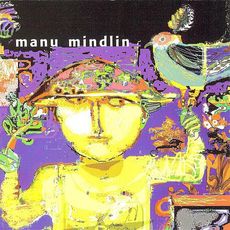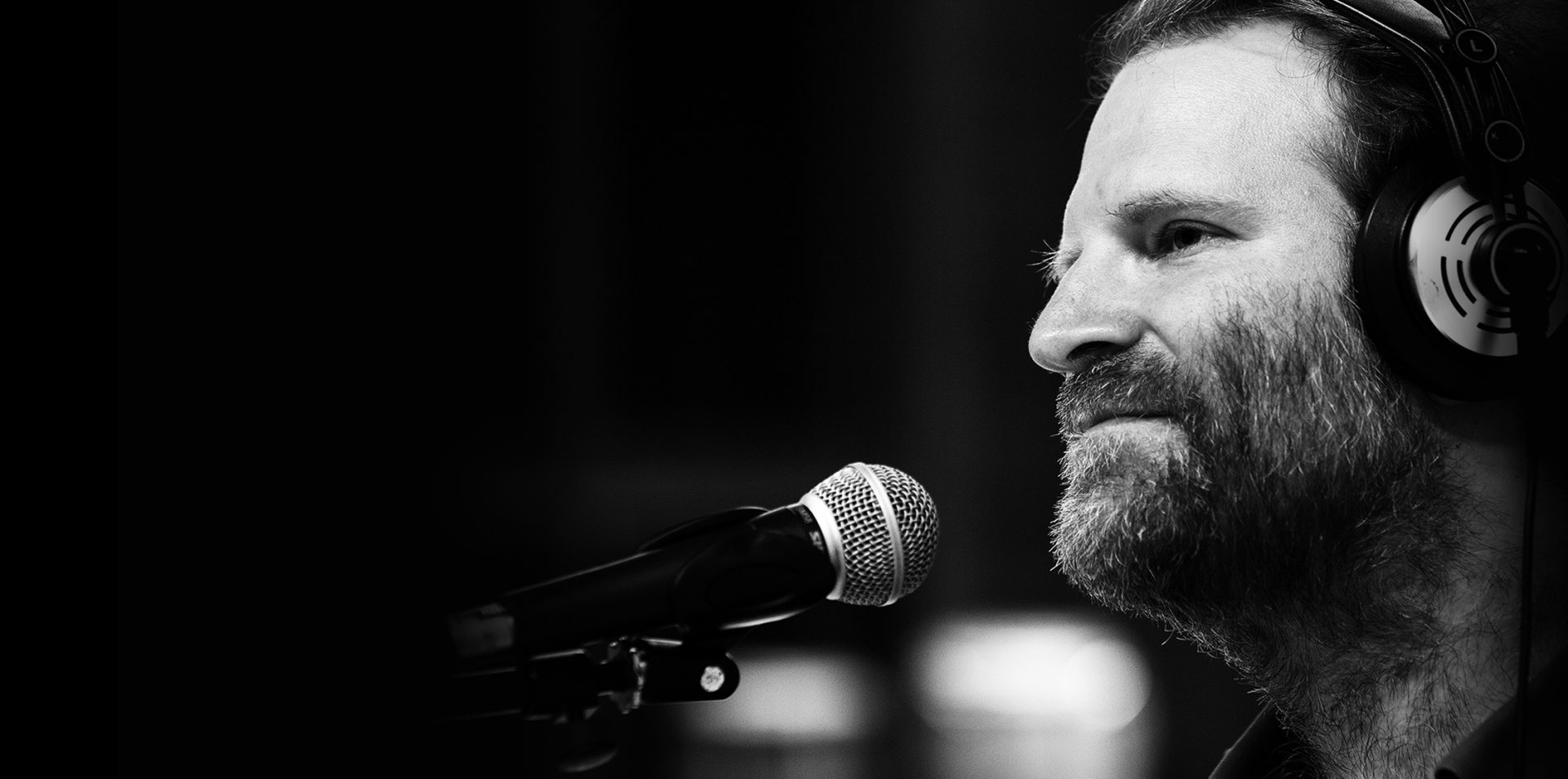
Release by Luiz Tatit
Manu Mindlin’s debut CD, Baião da Flor, seems to emerge from the heart of Brazilian music, putting on show the best of what it has to offer. The track that lends its name to the album confirms this vigorous connection between the composer and the mosaic of works, genres and characters that translate the bounty of the country’s creative style.
This is no common work. Although very young, Manu has had time to wander the landscape of Brazilian music, covering all its eras and branches, as well as produce a vast repertoire of songs. This means that the 12 tracks selected for the album exhibit a degree of refinement normally only available to composers at the peak of their careers. That is the lasting impression after taking in the whole album.
It is not just the song Baião da Flor that is impeccable. Listeners also experience moments of rare aesthetic pleasure through Coração Brasileiro and Deusa Densa. The first employs a melodic profile from Brazilian modinha to expose romantic near misses in places and with characters laden with indigenous culture. A delicate alliteration with the vowel “i” aligns the verses from end to end, transferring the unit of content to the audio plane, too. The second describes the conversion of the ethereal element associated with the notion of “goddess” into something corporeal, dense and humanized that, despite maintaining balance, manifests its joy, pain and desires. Once more, the work of a poet with the rhymes, in the sense of producing the same sonorous densification effect, is admirable.
Manu’s CD can also be listened to as a refined sample of the rhythmical diversity that composes Brazil’s popular music, from the traditional models, such as baião, samba, marches or bossa nova, through which he slips through masterfully, to the hybrid, already infused forms of blues, rock and funk. Furthermore, this journey through genres also presents some simple and effective solutions. Such is the case with Poeira do Som, which kicks off the album with a gleeful, almost circus-like vibe, suggesting a march while at the same time inviting us to enjoy the changes in tone and plays on words. In the same way, it is paradoxically able to base itself, without repetition, on a chorus that is catchy, to dance to, even – doubtlessly counting on a bodily reaction in the listener –, but without dispensing with unexpected interventions like a berimbau reinforcing the rhythm.
All this creative force is given even more value by the work of arrangers Alê Siqueira and Leandro Bomfim, who were also responsible for the mixing on the tracks and knew how to artfully choose and measure the participation of the instrumental timbres in the sense of highlighting what each composition has to say.
Finally, a generous toast by Manu Mindlin to the tough, concrete poetry of São Paulo. The songwriter lets loose with a special samba-baião for the voice of the legendary Germano Mathias: Vou Te Pegar. The samba maestro delights in his interpretation and makes the most of the opportunity to return to the São Paulo music scene with a grand entrance.







